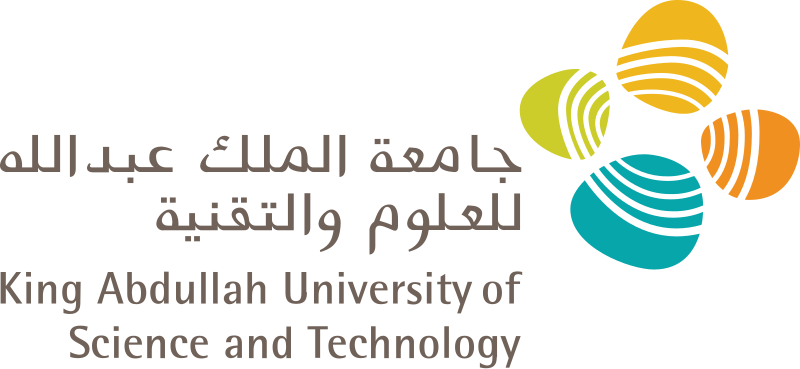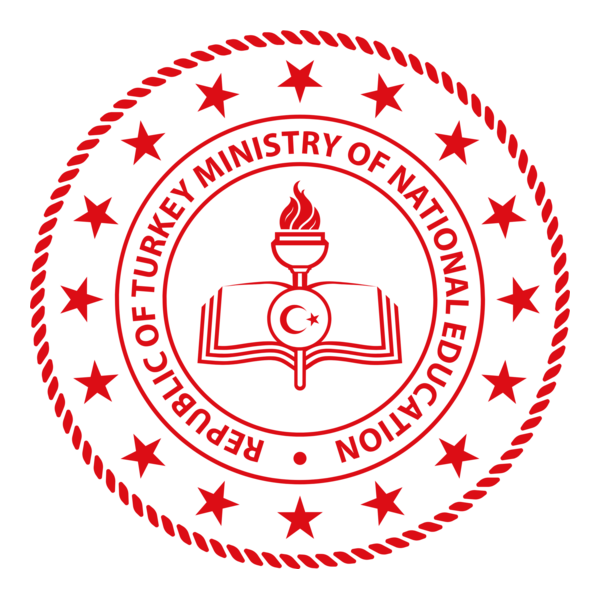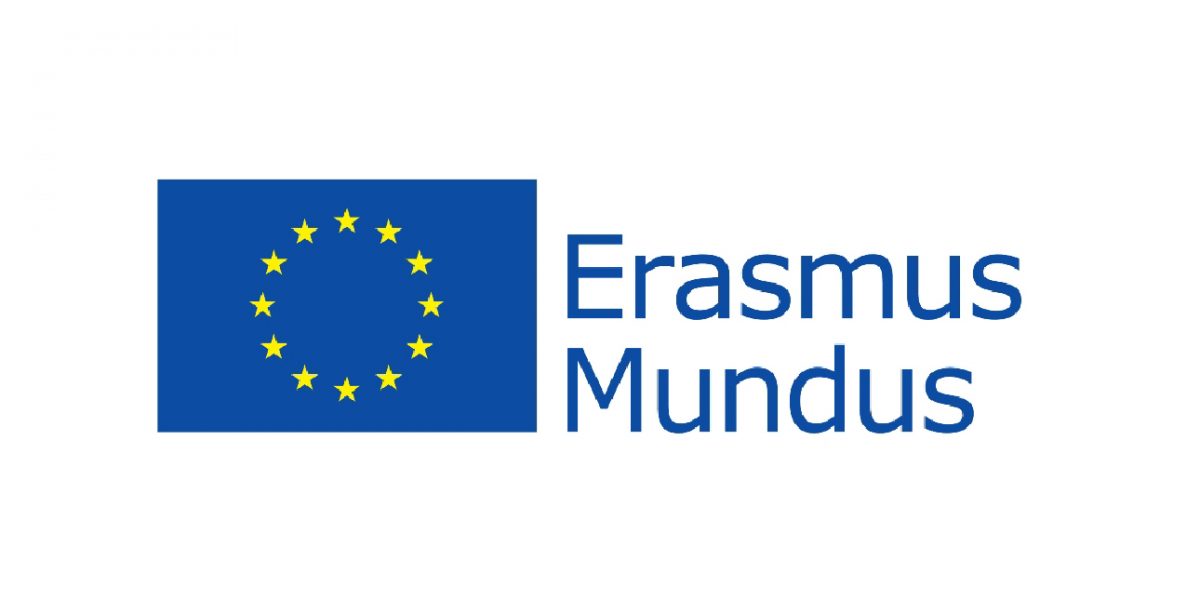
Applying to KAUST - Your Complete Guide for Masters & Ph.D. Programs (Upcoming Admissions)
Admissions Overview & Key Requirements

Ankara, Türkiye – The Ministry of National Education (MEB) has ushered in a new era for "project schools" with the official adoption of the "Ministry of National Education Project Schools Regulation". This significant reform, effective July 12, 2025, categorizes project schools into two distinct types: "schools implementing special programs" and "schools implementing special projects."
The regulation aims to establish the procedures and principles for identifying official formal education institutions that operate national or international projects and implement programs or themes set forth by the Ministry, either directly or through protocols with various organizations.
With the new regulation, to be designated as a project school, an educational institution must meet at least one of the following criteria:
These schools will offer unique and goal-oriented education programs designed to specialize students in specific areas and equip them with relevant knowledge and skills. They will provide in-depth education in disciplines like science and technology, with curricula and teaching methods specifically tailored to the field's requirements, differing from standard education programs.
Key features of "schools implementing special programs" include:
These schools will adopt a project-based approach focused on developing research, problem-solving, and critical thinking skills. All teachers and students will actively participate in sustainable growth-oriented projects. The aim is for students to gain competencies in collaboration, responsibility, and self-managed learning by producing original projects across various disciplines and translating theoretical knowledge into practical application. With the new regulation, the active involvement of schools and district/provincial directorates of national education in the process of designating schools that implement special projects has been formalized.
To ensure a more effective application process, a data-driven approach has been established through the creation of “Provincial Project School Evaluation Commissions” and “Provincial Project School Proposal Commissions” within provincial education directorates, as well as the “Ministry Project School Designation Commission” under the relevant departments of the Ministry.
To determine whether schools implementing special projects continue to meet the qualifications of a project school, they will be monitored annually by their affiliated provincial directorates of national education and will undergo evaluation by the relevant directorate-general every two years.
The project school initiative was first launched by the MEB on March 14, 2014, with prestigious institutions like Istanbul Erkek Lisesi and Kadıköy Anadolu Lisesi. Over time, the number of such schools expanded to 2,153. The new regulation signals a significant restructuring, with an anticipated reduction in the total number of project schools. For this purpose, the focus will now shift towards continuous monitoring of their success and stricter admission and progression criteria.
This comprehensive new regulation underscores the Ministry's commitment to enhancing the quality of education and fostering excellence within specific educational pathways across Türkiye.
Sources:
Share

Applying to KAUST - Your Complete Guide for Masters & Ph.D. Programs (Upcoming Admissions)
Admissions Overview & Key Requirements

Erasmus Mundus Joint Master's 2026 (Upcoming Admissions)
Erasmus Mundus programs are scholarships available to students worldwide, offering fully-funded Master’s degrees to study in Europe!

Registration Opens for SAF 2025: International STEAM Azerbaijan Festival Welcomes Global Youth
The International STEAM Azerbaijan Festival (SAF) has officially opened registration for its 2025 edition!

Young Leaders Union Conference 2025 in Paris (Fully Funded)
Join Global Changemakers in Paris! Fully Funded International Conference for Students, Professionals, and Social Leaders from All Nationalities and Fields

An mRNA cancer vaccine may offer long-term protection
A small clinical trial suggests the treatment could help keep pancreatic cancer from returning

Yer yürəsinin daxili nüvəsində struktur dəyişiklikləri aşkar edilib
bu nəzəriyyənin doğru olmadığı məlum olub. Seismik dalğalar vasitəsilə aparılan tədqiqatda daxili nüvənin səthindəki dəyişikliklərə dair qeyri-adi məlumatlar əldə edilib.